Indonesian hydro projects to gain from IHA sustainability training
The International Hydropower Association (IHA) is supporting Indonesia to put sustainability principles into practice when developing new hydropower projects.
Since April 2017, IHA has been working with central and local government officials on how to apply the Hydropower Sustainability Assessment Protocol, and coordinated an early stage assessment on a new project in southeast Sulawesi.
The IHA training and assessment project comes as the country aims to quadruple its installed hydropower capacity. Up to 65 new projects, representing an additional 15 GW of hydropower capacity, are planned to meet renewable energy targets.
Concluding this round of work, the results of the Pelosika assessment – the first Indonesian hydropower project to be reviewed under the Protocol – were discussed at a high-level event between 20 and 22 February in Jakarta, Indonesia, attended by more than 80 government officials and external stakeholders.
The event, titled ‘Early stage hydropower sustainability assessments and capacity building on sustainable hydropower in Indonesia’, was co-organised by IHA and the government. It provided a platform to review hydropower’s place in national development as well as commitment to achieve the Paris Climate Agreement.
One of Indonesia’s goals is to increase the share of renewables in its energy mix to 23 per cent by 2025, and 31 per cent by 2050, as it is currently heavily reliant on coal and other non-renewable resources.
Hydropower is the country’s largest source of renewable energy, with an installed capacity of more than 5 GW.
The training programme and Pelosika assessment were carried out by IHA at the request of the National Development Planning Ministry of Indonesia (Bappenas), after funding was provided by the State Secretariat for Economic Affairs of Switzerland (SECO).
“Indonesia is on the path to installing an additional 15 GW of hydropower capacity and 65 multipurpose dams by 2025," said Pak Abdul Malik, Director for Irrigation and Water Resources at Bappenas. “The implementation of the Protocol during the Pelosika dam project’s early stage was an important milestone, which has led to more effective multi-stakeholder participation and better project preparation. I look forward to implementing the Protocol again at other stages.”
Frank Faraday, IHA’s Sustainability Programme Manager, said: “Building knowledge on the Protocol in Indonesia has been a great achievement. The next phase is helping the government to channel the experience gained from Pelosika’s assessment into the development of future projects.”
Speakers at the Jakarta event included Pak Wismana Adisuryabrata, Bappenas’s Deputy of Infrastructure Affairs; Martin Stottele, Head of Economic Development Cooperation SECO at the Embassy of Switzerland in Indonesia; and Richard Taylor, CEO of the International Hydropower Association.
The high-level meeting was followed with workshops on finance and investment, including social and environmental requirements, regional grid planning, interconnections and the role of hydropower in smart grid stability.
To find out more about IHA’s involvement in applying the Hydropower Sustainability Assessment Protocol at Pelosika, please read Sustainability Specialist Joao Costa’s blog on developing sustainable hydropower in Indonesia.
